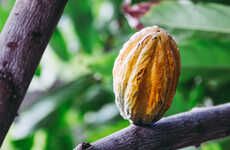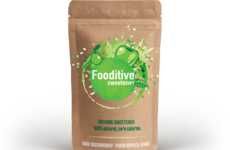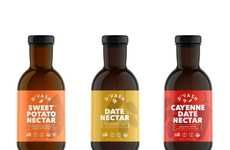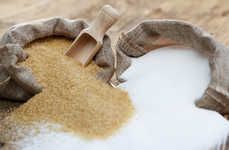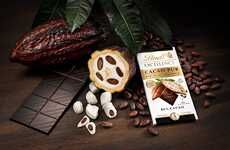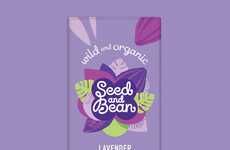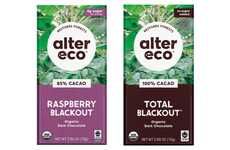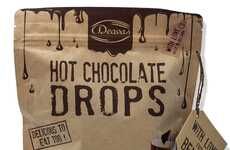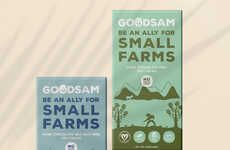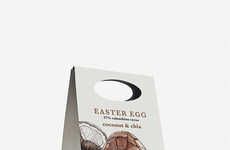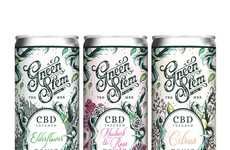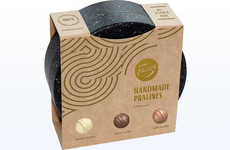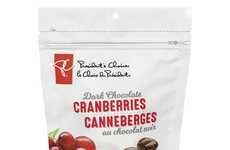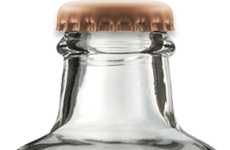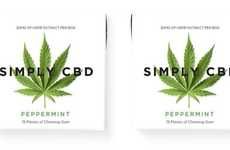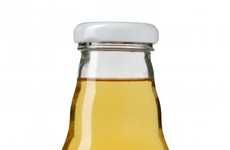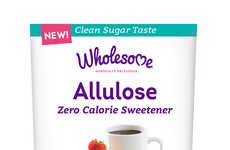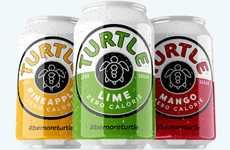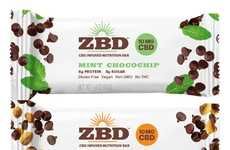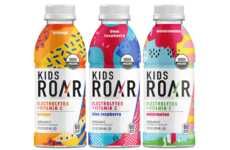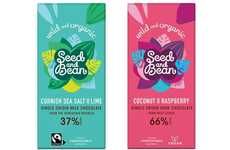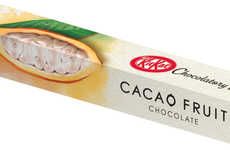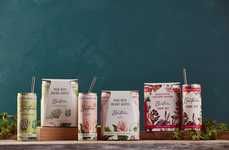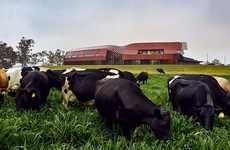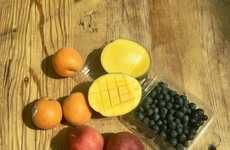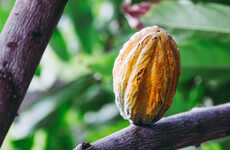
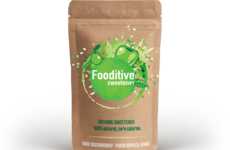
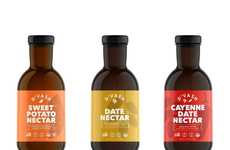
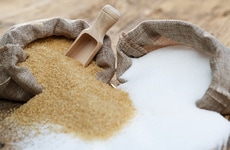
Brands are launching sugar alternatives that repurpose food waste
Trend - Brands are launching sugar alternatives made from upcycled products such as cocoa shells, apples, pears, and dates to sweeten food and beverages—which typically end up in landfills. These offerings come in both liquid and granular formats to suit a variety of needs.
Insight - Eco-conscious consumers have become aware—and concerned—with the staggering amount of food waste taking place across the globe. This demographic is conscious of how their consumption habits impact the environment, and in an effort to reduce their carbon footprint, they are turning to brands that offer upcycled products to mitigate the environmental impacts of food production.
Insight - Eco-conscious consumers have become aware—and concerned—with the staggering amount of food waste taking place across the globe. This demographic is conscious of how their consumption habits impact the environment, and in an effort to reduce their carbon footprint, they are turning to brands that offer upcycled products to mitigate the environmental impacts of food production.
Workshop Question - How can your brand empower consumers to be more eco-friendly?
Trend Themes
1. Upcycled Sweeteners - Upcycling food waste to create healthy sweeteners and supplements, including those made from cocoa shells, apples, pears, and dates, satisfies eco-conscious consumers' desire to reduce their carbon footprint and encourages making more mindful consumption choices.
2. Food Waste-based Sweeteners - Fooditive's zero-calorie sweetener, made from apples and pears with brown spots or unconventional colors, is a new and more environmentally sustainable alternative to natural and artificial sweeteners.
3. Naturally Sweetened Chocolate - Companies like Koa and Lindt are reducing waste and increasing value creation in cocoa-growing regions by using cocoa pulp powder as a natural sweetener option for chocolate bars.
Industry Implications
1. Food & Beverage Industry - Upcycling food waste to create new, healthy products such as sweeteners directly addresses the consumers' environmental concerns while simultaneously encouraging the idea of mindful consumption that is inherent in our society.
2. Agricultural Industry - Upcycling farm and food waste into products with high value application such as natural sweeteners and supplements builds a more sustainable future in agriculture.
3. Sustainability Industry - Designing and developing new products that are not only healthy but also mitigate environmental damage from waste, provides a disruptive innovation opportunity for the sustainability industry.
